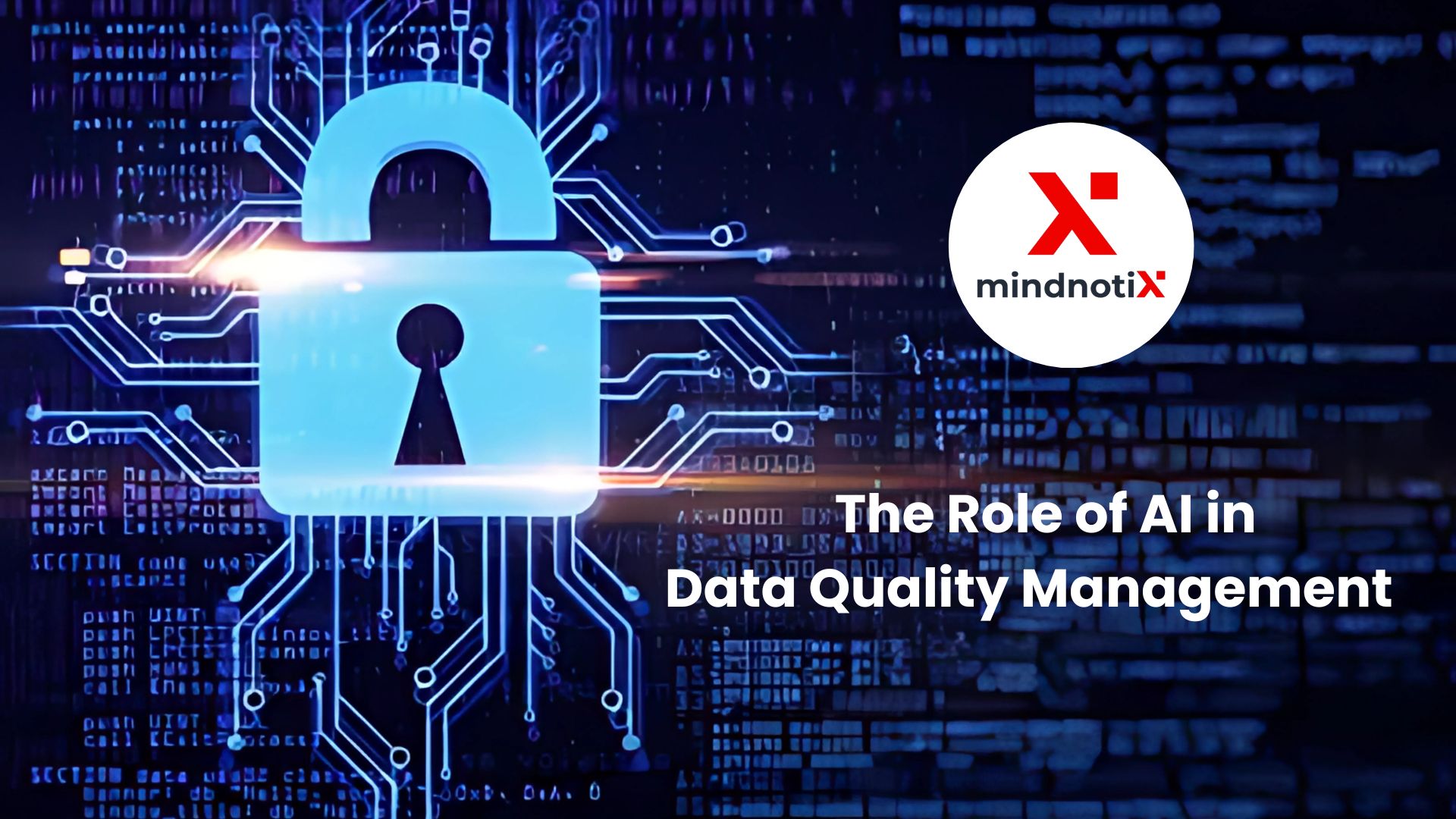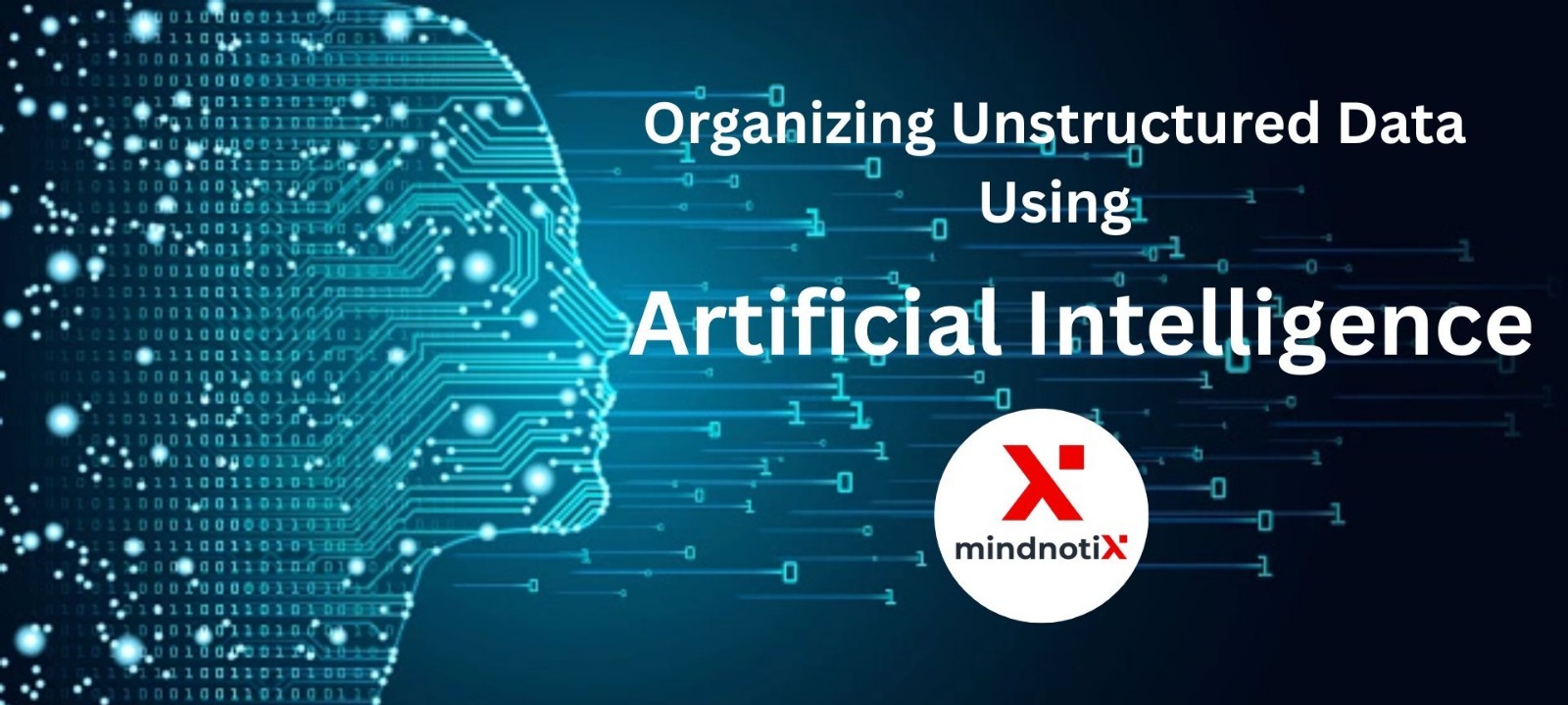Why blockchain matters to enterprises?
For businesses, blockchain is a game-changer. It fosters trust and transparency like never before with its shared, tamper-proof ledger. Imagine all parties having the same, unalterable record of transactions, eliminating discrepancies and building trust effortlessly. Plus, cryptography safeguards data and transactions, making them nearly impossible to tamper with. Say goodbye to fraud and hello to peace of mind!
But it's not just about security. Blockchain streamlines processes by automating tasks with smart contracts and reducing reliance on third-party verification. Think faster transactions, fewer errors, and lower costs. This also opens doors for collaboration across companies, even competitors, for shared benefits. New business models emerge as the unique properties of blockchain unlock possibilities never imagined before.
From tracking goods in supply chains to securing medical records and enabling faster cross-border payments, blockchain is making waves across industries. However, it's not a magic bullet. It has limitations and needs careful consideration before implementation. Still, the potential is undeniable. As the technology matures, expect even more innovative applications to transform the way businesses operate.
Supply Chain Management:
From raw materials to your doorstep, supply chain management (SCM) orchestrates the smooth flow of goods and services. It's like the conductor of a complex symphony, managing everything from sourcing ingredients to manufacturing, warehousing, delivery, and even predicting customer demand. By optimizing each step, businesses can achieve wonders: reduced costs, faster product delivery, happier customers, and a competitive edge.
In today's globalized world, imagine supply chains crisscrossing continents, adapting to ever-changing markets and even disruptions like natural disasters. That's why digitalization is key, with technologies like cloud computing and AI automating and optimizing processes. E-commerce booms call for swift, efficient deliveries, while sustainability demands eco-friendly practices throughout the chain.
By understanding these trends and embracing innovative solutions, businesses can transform their SCM into a strategic asset, ensuring they're well-equipped to thrive in the dynamic 21st century. So, the next time you hold a product, remember the invisible journey it took, orchestrated by the magic of supply chain management.
The Vital Duo: Logistics and Transportation
Imagine a world where goods magically appear on store shelves or at your doorstep. While convenient, it wouldn't be possible without the synchronized efforts of logistics and transportation. These two often intertwined terms, though distinct, are the backbone of our globalized economy, ensuring the seamless flow of goods from origin to destination.
Transportation: The Engine that Moves
Think of transportation as the muscle of the supply chain. It's the physical movement of goods using various modes like trucks, ships, airplanes, and even pipelines. Its focus lies in selecting the most efficient and cost-effective way to get goods from point A to point B, managing routes and schedules, and ensuring safe and timely delivery. Imagine a fleet of trucks navigating highways, a cargo ship traversing vast oceans, or an airplane soaring through the sky – that's transportation in action.
Digital Experience:
The All-Encompassing World of Digital Experience
In today's digitally driven world, digital experience (DX) has become a crucial aspect for anyone interacting with technology. It goes beyond simply using an app or website; it encompasses the entire journey between a user and an organization through digital touchpoints.
Imagine every website you visit, every app you use, every smart device you interact with – each creates a unique digital experience. These interactions shape your perceptions and feelings about the company or organization behind them.
The Key Ingredients:
Several elements contribute to a compelling digital experience:
Usability: Is the interface intuitive and easy to navigate?
Performance: Does the app or website respond quickly and flawlessly?
Content: Is the information relevant, engaging, and personalized?
Security: Are your data and privacy protected?
Accessibility: Can everyone, regardless of ability, utilize the platform effectively?
The Impact of DX:
A positive digital experience leads to many benefits:

- Increased customer satisfaction and loyalty: Users are more likely to return if they have a positive experience.
- Enhanced brand reputation: A seamless experience reflects well on the organization.
- Improved operational efficiency: Streamlined processes save time and resources.
- Greater reach and engagement: Effective digital experiences attract new users and keep existing ones engaged.
Looking Ahead:
The future of DX is exciting and dynamic. Here are some key trends to watch:
Personalization: Experiences will be tailored to individual needs and preferences.
Artificial intelligence (AI): AI-powered chatbots and virtual assistants will personalize interactions and solve problems efficiently.
Augmented reality (AR) and virtual reality (VR): Immersive experiences will revolutionize how we interact with brands and products.
The Internet of Things (IoT): Connected devices will create unique and interconnected experiences.
By understanding the importance of digital experience and embracing these trends, organizations can create meaningful connections with their users and thrive in the digital age.
Building Your First Blockchain App: A Low-Code Adventure
The world of blockchain development might seem daunting, filled with complex code and intimidating concepts. But what if I told you there's a shortcut? Enter the exciting realm of low-code tools, opening the door to building your own blockchain applications without years of programming experience.
Imagine transforming your innovative idea into a secure, transparent, and efficient blockchain application – all while dragging and dropping components and utilizing intuitive interfaces. Low-code tools empower you to do just that!
So, why choose low-code for your first blockchain foray?
Accessibility: No coding expertise required! These tools simplify complex coding processes, making them user-friendly for anyone with basic technical understanding.
Faster development: Skip the tedious lines of code and focus on building your app's logic and functionality. Low-code tools significantly accelerate the development process.
Reduced costs: Forget expensive developers! Low-code platforms offer subscription-based or pay-as-you-go models, making them an economical choice for individuals and startups.
For more information contact : support@mindnotix.com
Mindnotix Software Development Company


 AI-Taxi App
AI-Taxi App AI-Food App
AI-Food App AI-Property Mgmt App
AI-Property Mgmt App AI-CRM
AI-CRM AI-Fantasy App
AI-Fantasy App
 Web Development
Web Development App Development
App Development Business & Startup
Business & Startup Hire Developer
Hire Developer
 Digital Marketing
Digital Marketing Lead-generation
Lead-generation Creative Agency
Creative Agency Branding Agency
Branding Agency Augmented Reality
Augmented Reality Virtual Reality
Virtual Reality Internet of Things
Internet of Things Artificial Intelligence
Artificial Intelligence Blockchain
Blockchain Chatbot
Chatbot





